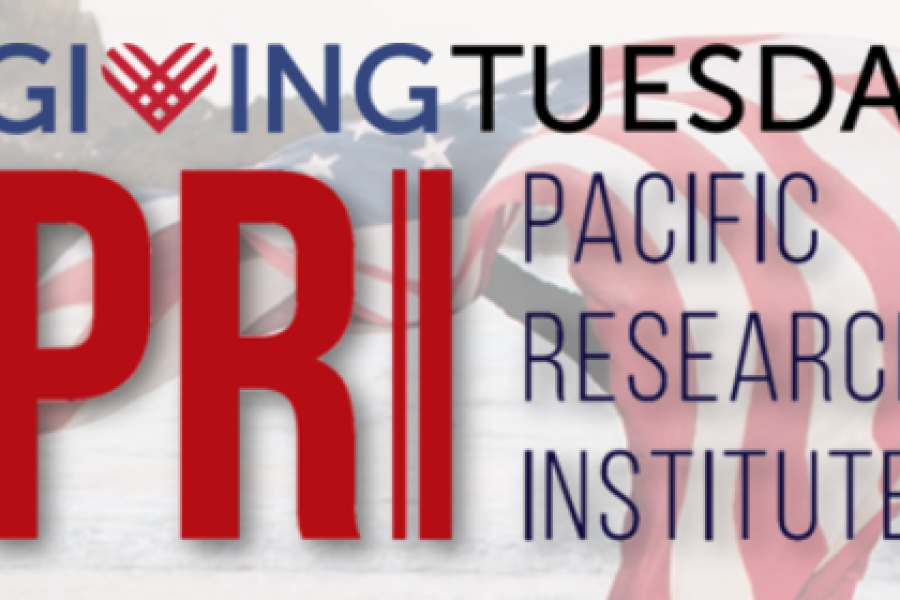In less than a month, Californians will head to the polls in what will surely be of the most consequential elections in years. The state is home to several competitive races for U.S. House seats – the results of which will have a significant impact on American politics for many years to come.
It’s no surprise that these big-ticket races have been the subject of extensive media coverage. For those not paying close attention, it may come as a surprise that there are 12 initiatives on the ballot in California this year. They include important measures that will shape the future of rent control and the controversial state gas tax.
Earlier this year I wrote about a lesser-known ballot measure, Proposition 12, the “Farm Animal Confinement Initiative,” which would require that egg-laying hens be cage free by 2022. The measure, sponsored by the Humane Society and other activist groups, would establish new minimum cage size requirements for egg-laying hens, pigs, and calves raised for veal.
The measure is the latest in a series of 10-year policy battles over the confinement of farm animals in California. In 2008, voters passed Proposition 2, which required that all eggs sold in California come from chickens raised in an environment where they can fully extend their wings and turn around freely. The measure did not specify requirements for cage sizes.
Naturally, Prop 2 has been subject to several legal and legislative challenges. More than a dozen states have joined a lawsuit filed last year asking the U.S. Supreme Court to block California’s regulations, claiming they violate both the Constitution’s Commerce Clause and the federal Egg Products Inspection Act (EPIA). The lawsuit is ongoing.
Meanwhile, the debate over Prop 12 has evolved into a clash of Left vs. Left. Opponents of the initiative claim it does not go far enough to protect animals. Organizations like PETA and the Humane Farming Association allege that the ballot measure the result of an unholy alliance between the Humane Society and United Egg Producers, the egg industry’s trade association.
These Prop 12 foes claim that the minimum space allotment of one square foot per hen is cruel and unethical.
“Proposition 12 is a cruel and reckless exploitation of California’s initiative process which not only harms farm animals, but it also puts in danger a wide array of existing consumer, animal, and environmental protection laws,” reads a statement on the “No on Prop 12” campaign website, which opponents have dubbed the “Rotten Egg Initiative.”
No one wants to see farm animals suffer. To be sure, consumers and retailers have embraced cage-free and free-range eggs over the past several years, despite higher costs. Should farmers who already invested in new cages in response to Prop 2 be forced to comply with new rules when the market is already driving the trend toward cage-free eggs?
It’s unlikely that the organizations behind the “Yes on Prop 12” and “No on Prop 12” campaigns care at all about the constitutional problems inherent in the government telling farmers how they can farm. They should, however, be concerned about the disproportionate negative impact of these types of regulations on low-income families who can least afford to pay a premium for eggs.
According to a Purdue University study, Prop 2, which went into effect in January 2015, has led to higher egg prices and lower production in California. By the fall of 2016, egg prices were about 9 percent higher than they would have been without the law, researchers found. They estimate California consumers can expect to pay an extra $25 million in future years from higher retail egg prices alone.
At PRI, we have been a leading voice in promoting policy solutions to reduce poverty and expand opportunity for the state’s poorest residents. When voters head to the polls next month, they should consider that welfare recipients have had to pay an estimated $96.5 million more per year for eggs as a result of California’s existing regulations.
There are also legitimate questions surrounding California’s ability to require farmers in other states to meet state standards if they want to sell their eggs here. Just like Prop 2, Prop 12 would apply to farmers outside of California. As a recent Press-Democrat op-ed noted, this will likely trigger more lawsuits with taxpayers footing the bill to defend the law in court.
While there are aspects of Prop 12 and similar laws in other states that are well-intentioned, there is no question that they will have lasting negative consequences for consumers and farmers. Rather than pushing for more regulations that will destroy consumer choice, animal welfare groups should instead encourage consumers to vote with their wallets.
Ben Smithwick is Vice President of Development for the Pacific Research Institute. Prior to joining PRI, he worked at Fox News Channel’s Los Angeles bureau and for the Santa Barbara News-Press.


